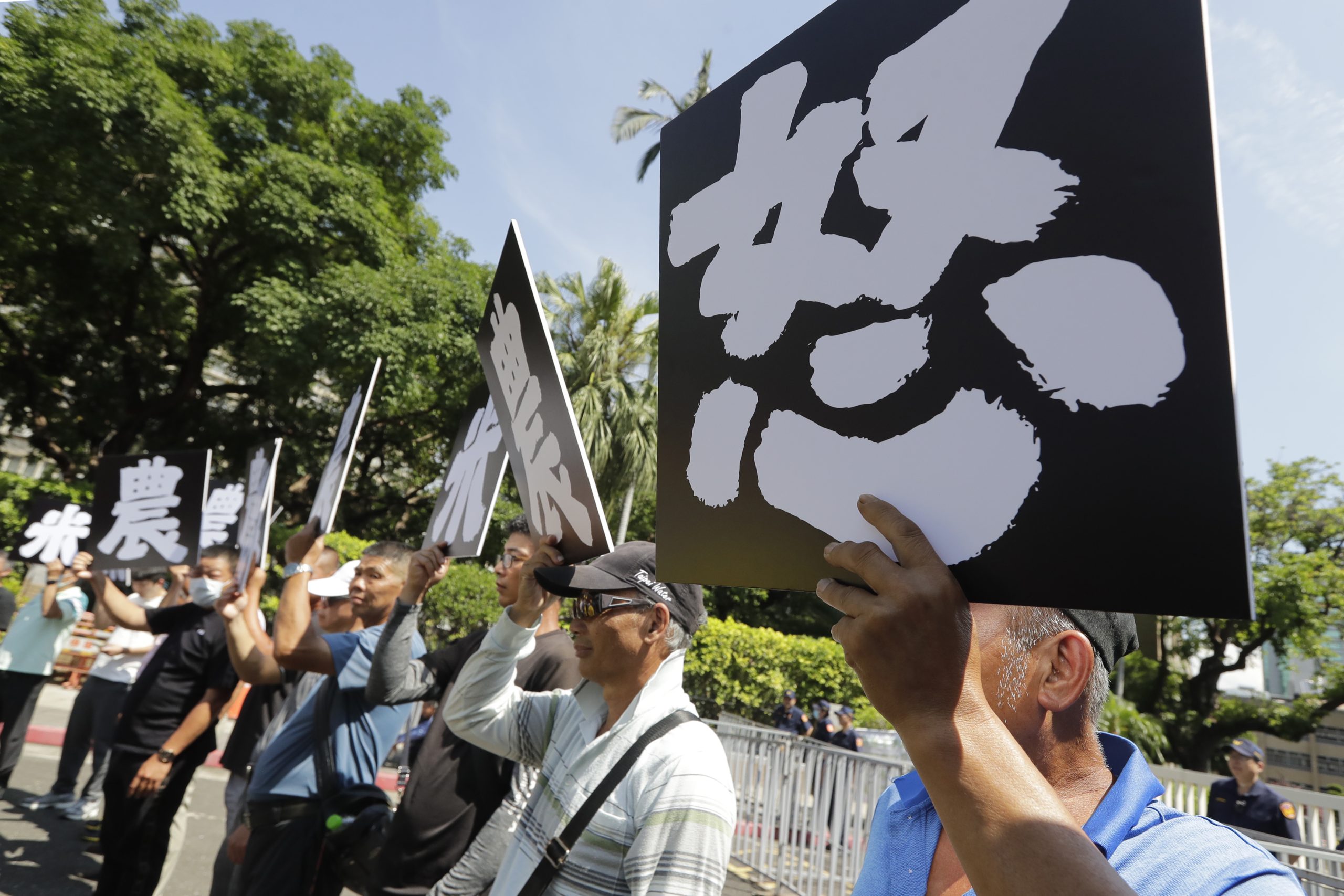World
Taiwan’s President Calls US Trade Tensions ‘Frictions Between Friends’

Taiwan’s president said that the recent trade tensions with the United States are just normal “frictions between friends.” This statement comes as both countries continue tariff negotiations after the U.S. imposed tariffs on Taiwanese goods last month. The tariffs were initially set at 32% but were later lowered to 10% for 90 days to allow talks to take place.
The first round of trade talks happened last month, and another round is planned in the coming weeks. Taiwan’s president spoke on the anniversary of his presidency, focusing on how Taiwan plans to handle the effects of these tariffs and the growing military threats from China. Despite these pressures, the president remains optimistic about the future of Taiwan-U.S. relations.
Taiwan and the U.S. have long worked together and supported each other’s growth. While differences can arise, the president believes that trust and open dialogue can help both sides understand each other better and strengthen their partnership. The United States is Taiwan’s strongest unofficial ally, especially given the military threat from China, which claims Taiwan as part of its territory and has not ruled out using force to reunify the island with the mainland.
Taiwan is committed to strengthening its defense through buying foreign military equipment and developing its own arms. The country also plans to stand alongside its allies to deter any threats and prepare well to avoid war while aiming for peace. At the same time, Taiwan is open to talks with China if there is mutual respect.
Taiwan’s economy relies heavily on semiconductor companies that provide microchips worldwide, along with other electronics, manufacturing, and green technology firms. The president highlighted ongoing efforts to attract foreign investment, mentioning that American technology company Nvidia will open a new office in Taipei and build an artificial intelligence supercomputer on the island in partnership with Taiwanese firms and the government.
Taiwan also supports increased investments by its companies in the United States. The island’s largest chipmaker, TSMC, responded to the tariff threat by pledging $100 billion in new investments in the U.S. in addition to earlier promises to spend more than $65 billion on factories in Arizona. One of these factories started production late last year.
However, the president’s proposal to remove tariffs on U.S. goods completely, if the U.S. does the same, and to increase purchases of American products led to protests from Taiwanese farmers. They are worried that this plan could harm local agriculture.
Taiwan’s president remains hopeful that talks will continue to ease trade tensions and strengthen ties between the two partners. The situation is ongoing and will likely develop further in the weeks ahead.








